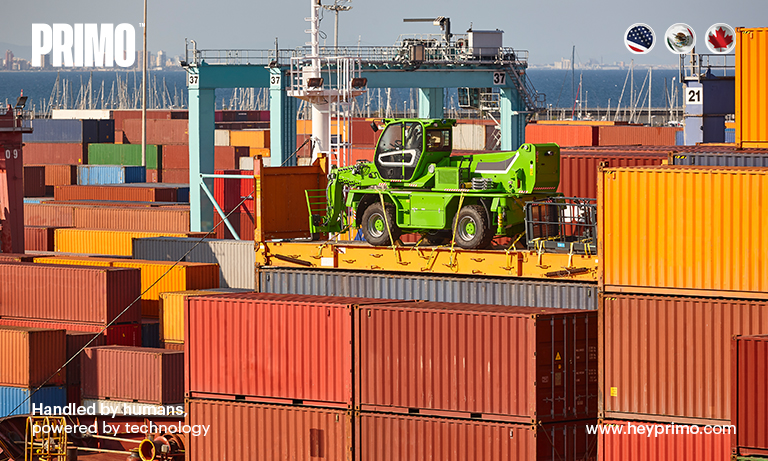
EU Delays Retaliatory Tariffs on U.S., Extending Trade Truce Amid Rising Tensions
The European Union has postponed its planned retaliatory tariffs on U.S. goods—originally set for early April—until mid-April, delaying a potential escalation in the transatlantic trade dispute over steel and aluminum duties. The move aligns with the EU’s strategy to synchronize the suspension of older tariffs with new measures, buying time for diplomatic negotiations while signaling calibrated pressure on the U.S.
Strategic Pause or Prelude to Escalation?
The delay follows the EU’s threat to impose 50% tariffs on U.S. bourbon, peanut butter, and other goods in response to the Trump-era Section 232 metals tariffs, which the Biden administration has maintained. By pushing the deadline to April 15, the EU aims to avoid fragmenting its response while keeping leverage in ongoing talks. However, industry groups warn that prolonged uncertainty could disrupt supply chains, particularly in automotive and manufacturing sectors reliant on transatlantic steel trade.
Shifting Trade Flows: U.S.-Mexico Gains Momentum
As EU-U.S. tensions simmer, trade between the U.S. and Mexico has surged, with nearshoring trends accelerating demand for cross-border logistics solutions. The tariff limbo underscores the growing complexity of global freight management, where agility and compliance expertise are critical.
“EU tariff delays raise global tensions while increasing U.S.-Mexico trade,” noted a trade analyst. “This strategic pause gives businesses breathing room but also highlights the need for resilient supply chain partners.”
PRIMO, leveraging its human-first, tech-integrated approach, helps shippers navigate these disruptions with seamless cross-border solutions—from customs clearance to multimodal capacity—amid volatile trade policy shifts.
What’s Next?
With the mid-April deadline looming, stakeholders are bracing for either a negotiated resolution or a renewed tariff war. The EU’s delay suggests a preference for diplomacy, but without U.S. concessions, retaliatory measures could still roil air and ocean markets. Companies are advised to:
For the original report, visit Supply Chain Dive.